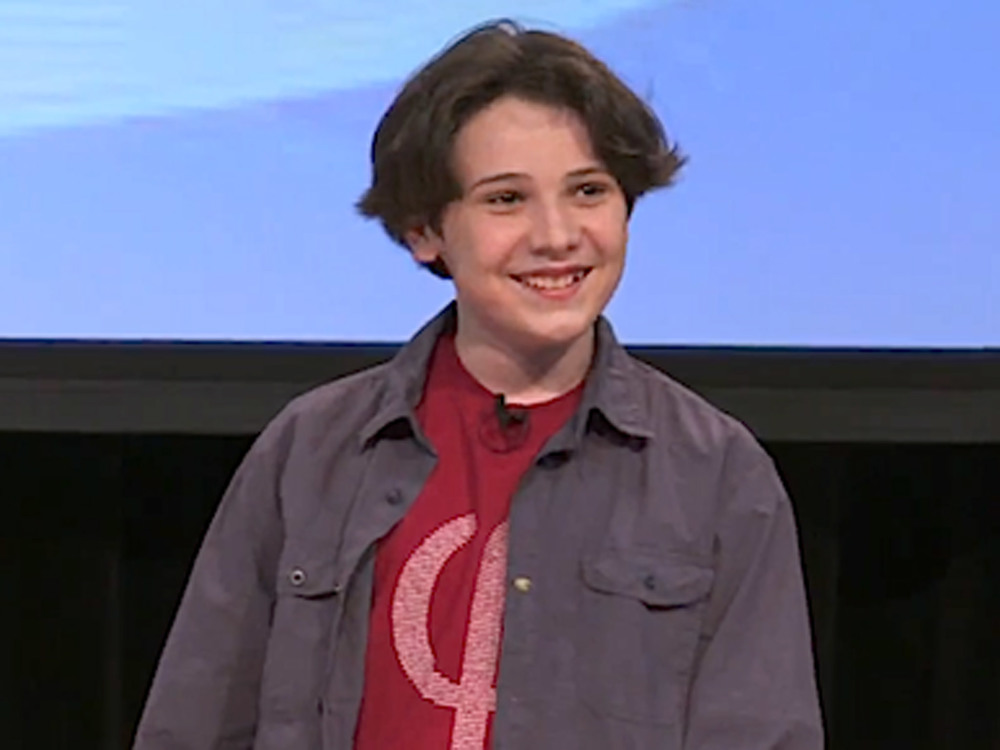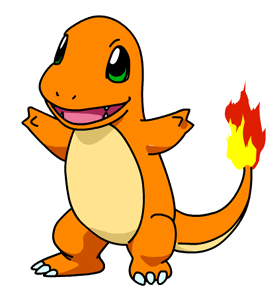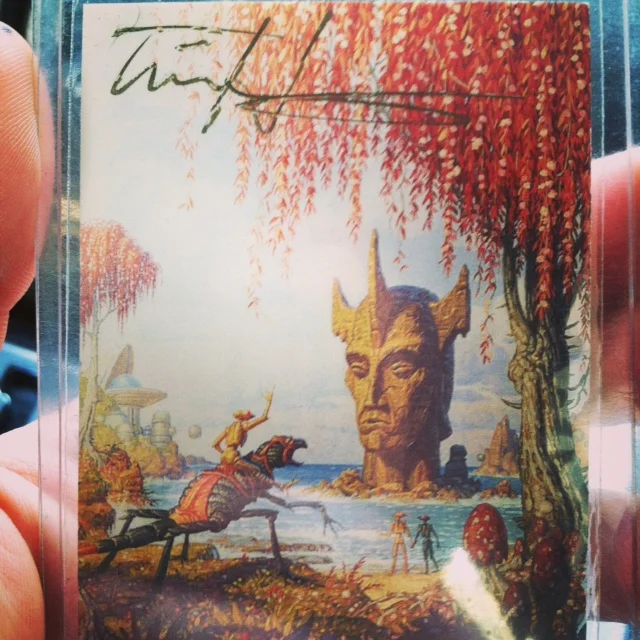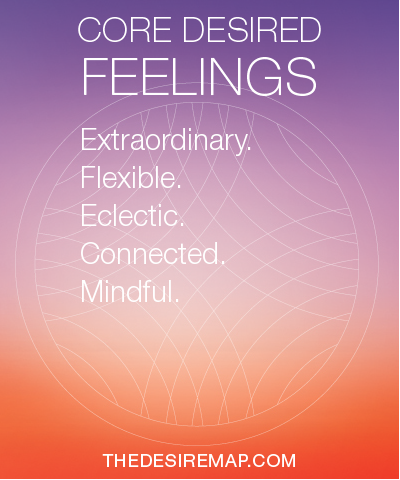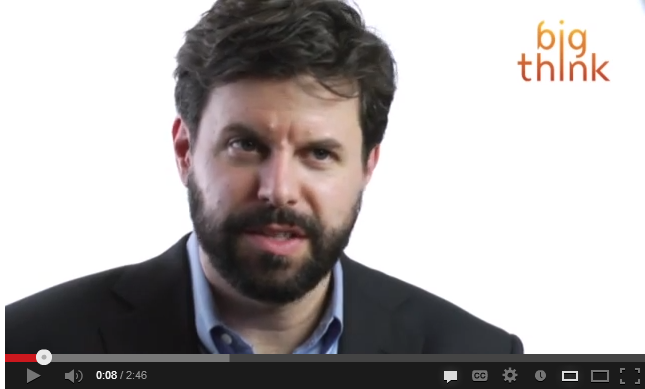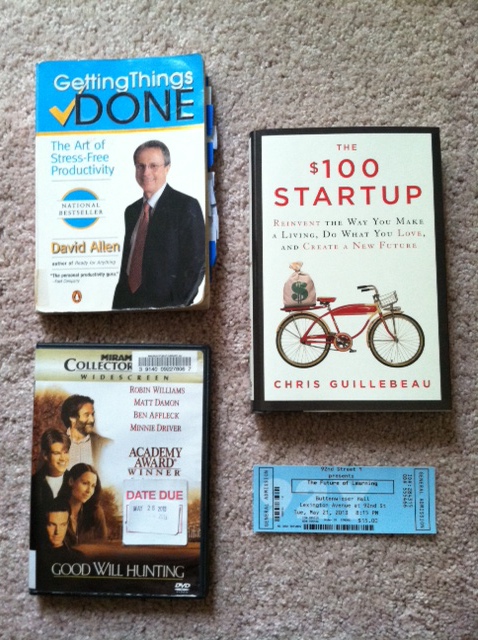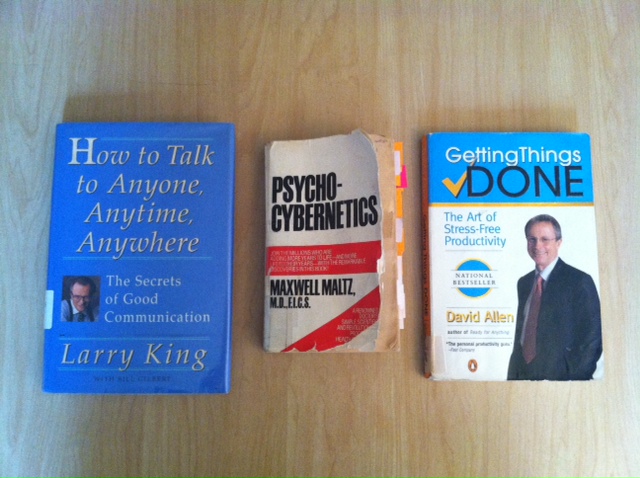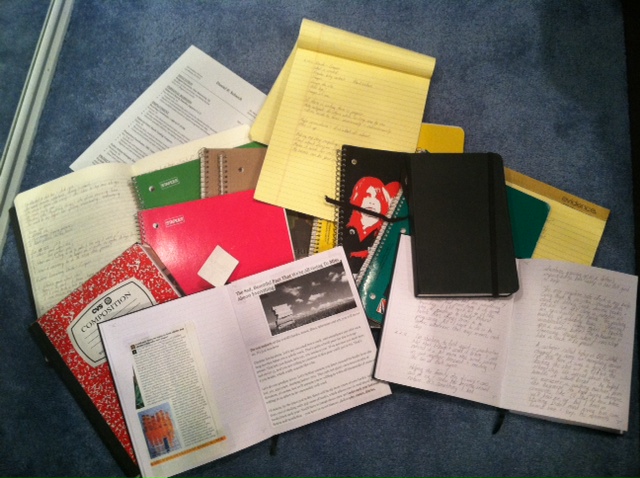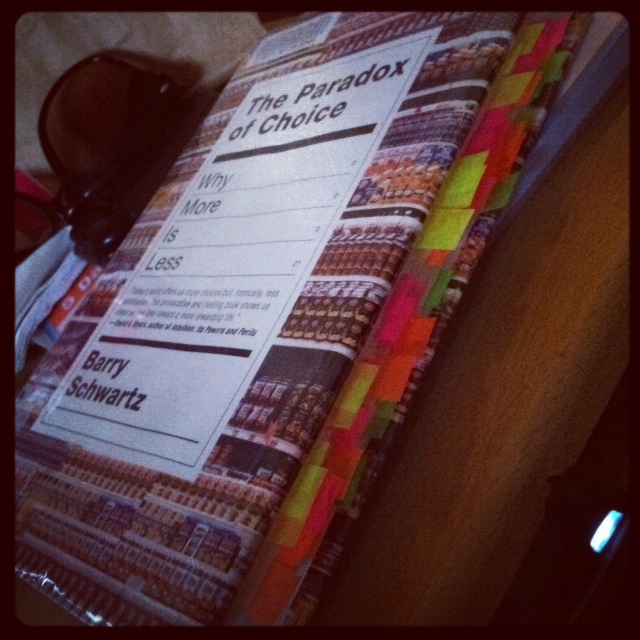Why not just enjoy it?
It's been some time since I've been excited about something besides big life changes. I moved, I got a raise, I spent holidays with friends and family. But lately I've tried to look closer at the seams. It hit me hard this past week when I was searching through old bookmarked websites on my computer. I found a surrealist webcomic of stick figure conversation called Choices. An existential exploration on how to live, the comic explained exactly what I needed to hear: "You're curious and smart and bored, and all you see is the choice between working hard and slacking off. There are so many adventures that you miss because you're waiting to think of a plan. To find them, look for tiny interesting choices. And remember you're always making up the future as you go." (See it here.)
And if you're reading this, I think you're curious and smart and bored too. No, it's not just because you're reading my writing, it's that I like to keep that kind of company around me and I think we gravitate to what we appreciate. All we're doing is something we've all done naturally for centuries, hope for an answer that won't necessarily come anytime soon.

So for the time being, my choice is to sit here, hitting some keys in the air-conditioning before going to a movie recommended to snap me out of not thinking of a plan: Frances Ha. Wikipedia gave me a perfectly succinct description of what to expect: "Frances Handley is a 27-year-old dancer who lives with her best friend Sophie, but Sophie decides to move out and live with another friend, leaving Frances to figure out how to live her life."
It's time to take the opportunities as they come to us and not be ashamed. We may have debt and responsibilities and endless amounts of questions as we become more and more "adult" but no one wants it to end. We just keep going and make it up as we flow.
Author Christopher Hitchens made a good point when faced with writing through his life-crippling illness: "You don’t really care about public opinion now, you don’t mind about sales, you don’t care what the critics say. You don’t even care what your friends, your peers, your beloved think. You’re free. Death is a very liberating thought."
Give up the fear of being vulnerable. You will be. Life is scary for plenty of reasons, we just have to make sure they're the right ones. Be afraid of not being yourself and not enjoying life. Be afraid of loving others more than yourself. Be afraid that one day you could wake up and realize it's close to over. And then take all that fear and do something about it.
I'm afraid of holding too closely this need to be more than myself. I'm going to enjoy as many movies as I can this summer. Hit the beach, play some frisbee. Eat ice cream. Stay up late, chatting about dreams and favorite movies, with too much beer and too much smoke and too much laughter. And I'm going to Japan in October. Just cause.
Don't let anyone take away the good things in your life, not even yourself.
Until next time...
I explode into space.
-dan




